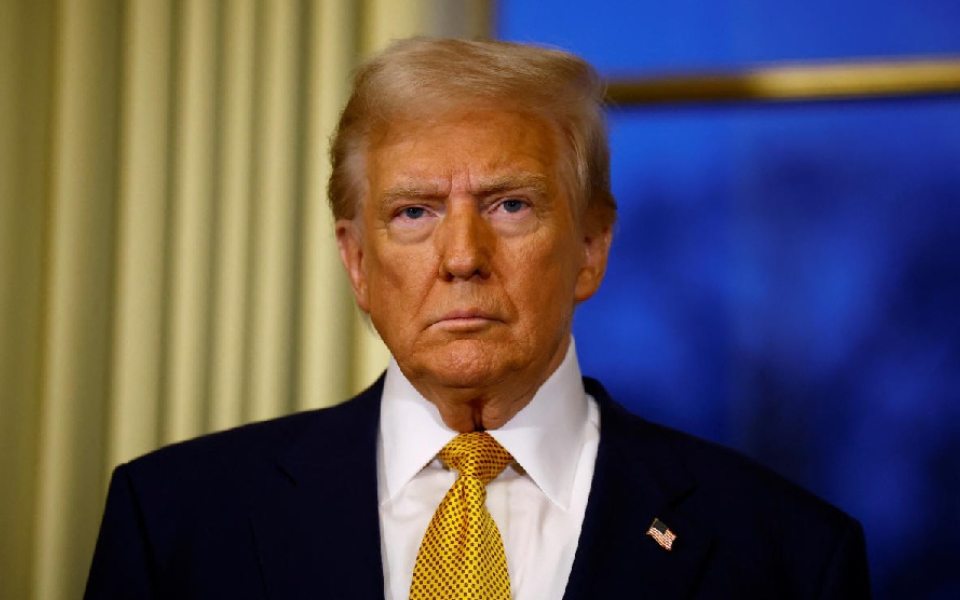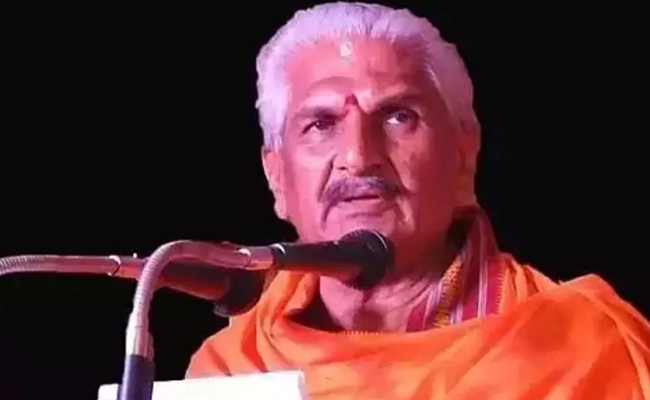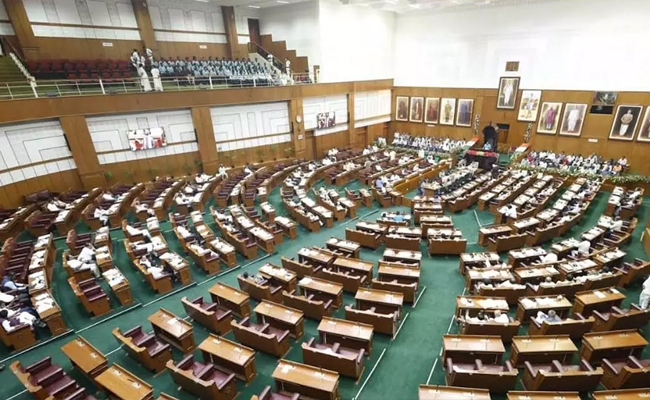Concord (US), Jul 10 (AP): A federal judge in New Hampshire issued a ruling Thursday prohibiting President Donald Trump's executive order ending birthright citizenship from taking effect anywhere in the US.
Judge Joseph LaPlante issued a preliminary injunction blocking Trump's order and certified a class action lawsuit including all children who will be affected. The order, which followed an hour-long hearing, included a seven-day stay to allow for appeal.
The judge's decision puts the birthright citizenship issue on a fast track to return to the Supreme Court. The justices could be asked to rule whether the order complies with their decision last month that limited judges' authority to issue nationwide injunctions.
The class is slightly narrower than that sought by the plaintiffs, who wanted to include parents, but attorneys said that wouldn't make a material difference.
“This is going to protect every single child around the country from this lawless, unconstitutional and cruel executive order,” said Cody Wofsy, an attorney for the plaintiffs.
The lawsuit was filed on behalf of a pregnant woman, two parents and their infants. It's among numerous cases challenging Trump's January order denying citizenship to those born to parents living in the US illegally or temporarily. The plaintiffs are represented by the American Civil Liberties Union and others.
At issue is the Constitution's 14th Amendment, which states: “All persons born or naturalized in the United States and subject to the jurisdiction thereof, are citizens of the United States.”
The Trump administration says the phrase “subject to the jurisdiction thereof” means the US can deny citizenship to babies born to women in the country illegally, ending what has been seen as an intrinsic part of US law for more than a century.
“Prior misimpressions of the citizenship clause have created a perverse incentive for illegal immigration that has negatively impacted this country's sovereignty, national security, and economic stability,” government lawyers wrote in the New Hampshire case.
LaPlante, who had issued a narrow injunction in a similar case, said while he didn't consider the government's arguments frivolous, he found them unpersuasive. He said his decision to issue an injunction was “not a close call” and that deprivation of US citizenship clearly amounted to irreparable harm.
“That's irreparable harm, citizenship alone,” he said. “It is the greatest privilege that exists in the world.”
During Thursday's hearing, Deputy Assistant Attorney General Eric Hamilton argued that both approving a class action and issuing an injunction would be premature, given that no one other than Trump has taken action.
He said doing so would mean a single court could become the “end-all-and-be-all” in reversing new federal policies and said if anything, the injunction should be limited to New Hampshire.
In a Washington state case before the 9th US Circuit Court of Appeals, the judges have asked the parties to write briefs explaining the effect of the Supreme Court's ruling. Washington and the other states in that lawsuit have asked the appeals court to return the case to the lower court judge.
As in New Hampshire, a plaintiff in Maryland seeks to organise a class-action lawsuit that includes every person who would be affected by the order. The judge set a Wednesday deadline for written legal arguments as she considers the request for another nationwide injunction from CASA, a nonprofit immigrant rights organisation.
Ama Frimpong, legal director at CASA, said the group has been stressing to its members and clients that it is not time to panic.
“No one has to move states right this instant,” she said. “There's different avenues through which we are all fighting, again, to make sure that this executive order never actually sees the light of day.”
The New Hampshire plaintiffs, referred to only by pseudonyms, include a woman from Honduras who has a pending asylum application and is due to give birth to her fourth child in October. She told the court the family came to the US after being targeted by gangs.
“I do not want my child to live in fear and hiding. I do not want my child to be a target for immigration enforcement,” she wrote. “I fear our family could be at risk of separation.”
Another plaintiff, a man from Brazil, has lived with his wife in Florida for five years. Their first child was born in March, and they are in the process of applying for lawful permanent status based on family ties - his wife's father is a US citizen.
“My baby has the right to citizenship and a future in the United States,” he wrote.
Let the Truth be known. If you read VB and like VB, please be a VB Supporter and Help us deliver the Truth to one and all.
Mangaluru: RSS leader Dr. Kalladka Prabhakar Bhat has been granted bail by the Puttur Fifth Additional District and Sessions Court in a case related to alleged communal hate speech.
The case pertains to a complaint filed against Bhat for delivering a speech during a Deepotsava event that was allegedly communal, derogatory towards women, and capable of disturbing public order. The incident took place on October 22 at Uppalige in Puttur taluk during the Deepotsava and Gopuja programme, where Bhat was present.
Following the complaint filed by Eshwari Padmunja at the Puttur Rural Police Station, the police had issued a notice directing Bhat to appear for inquiry. Subsequently, Bhat filed an anticipatory bail petition before the court.
ALSO READ: Young entrepreneur killed in road mishap in Padubidri
During the hearing on October 27, the court issued an interim order restraining coercive action and adjourned the matter to October 29 for complete hearing. On October 29, the counsel representing complainant Eshwari Padmunja sought permission to argue under Sections 338 and 339 of the Bharatiya Nagarik Suraksha Sanhita (BNSS). The court adjourned the matter several times post that.
On Wednesday, the court granted bail to Prabhakar Bhat.
Advocate Mahesh Kaje represented him in the proceedings.



_vb_72.jpeg)

